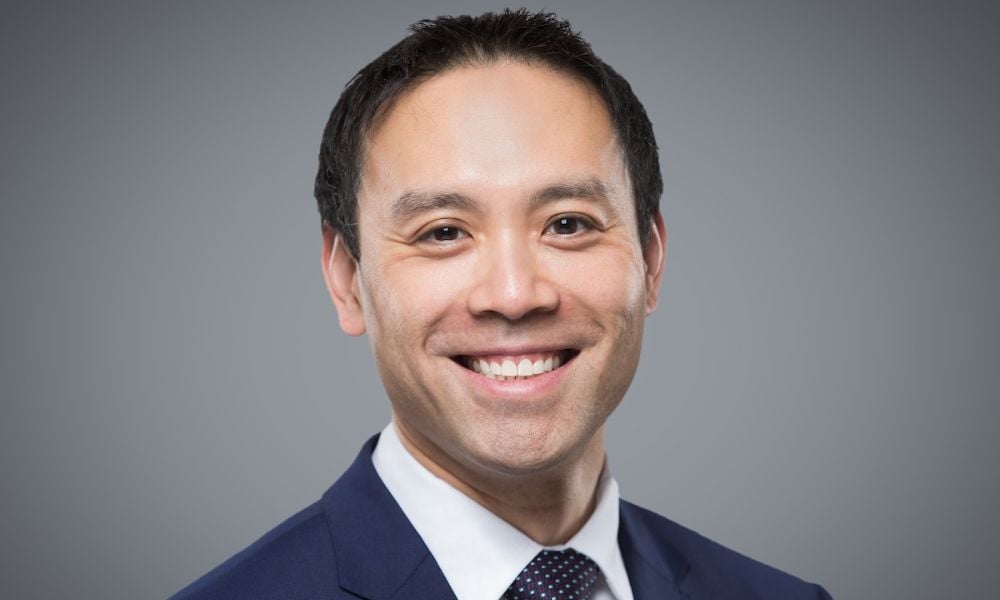Leading with compassion is the key to success in 2021

The ongoing pandemic has played havoc with our collective mental health and well-being, with more and more people reportedly feeling isolated, stressed, and anxious. So, how should HR leaders act now to mitigate the impact on Canadian workers?
HRD spoke with Sandy McIntosh, Executive Vice-President People & Culture and Chief Human Resources Officer at TELUS and speaker at our upcoming Mental Health Summit. McIntosh shared the tangible benefits of investing in workplace mental health and well-being and talked us through the best ways to lead with compassion.
“For us, mental health and well-being is a cultural commitment and business imperative,” McIntosh told HRD. “We shifted our strategy four years ago to recognize the whole person and address five interlocking dimensions that are in line with emerging industry best practices: physical, psychological, social, financial and environmental. Our CEO and leadership team agreed that we need to invest in and manage well-being like any other business risk or threat to our organization.”
Investing in well-being isn’t just the right thing to do, it’s also economically sensible. The return on investment of mental health initiatives can be seen through decreased absenteeism and increased productivity, morale and collaboration across teams. For McIntosh and TELUS, it has also heightened employee engagement.
“We acknowledge that employees are all somewhere on the well-being continuum and that each person’s situation is dynamic. That’s why we weave well-being into everything we do and meet them where they are. Our efforts are driving impact; we achieved our highest engagement score ever at 87% last year, and it’s heartening to see that 93% recognize the efforts of our leaders to ensure their health and well-being.”
If the pandemic has taught us one thing, it’s that resilience – both personal and organizational – is key to survival. As McIntosh told us, resilience at TELUS begins with leading with compassion.
“When the pandemic first hit, I called on our leaders to lead with compassion and support the mental health and well-being of our team,” she revealed. “We were keen to get that message across immediately and reinforce that well-being is embedded in our culture. Since then, our leaders have trusted people to make good decisions about how and when they work, offered extra support, found creative ways to stay connected and helped them focus on what matters most. More than 80 per cent of our leaders have completed a uniquely designed mental health training program, learning how to identify people who may be struggling engaging in supportive conversations and understanding how prioritizing self-care is critical to being able to support others. We’re offering custom mental health training to all team members starting in May.”
When asked for her perspective on supporting mental health and well-being through the pandemic and beyond, McIntosh explained that it’s more than providing technology and tools. “It’s about shifting mindsets and behaviours. We’re working to create a common language, build leadership competencies and practices, and use data and insights to establish initiatives that make a meaningful difference.”
To hear more from McIntosh and other industry leaders, register for HRD Canada’s upcoming Mental Health Summit here.








